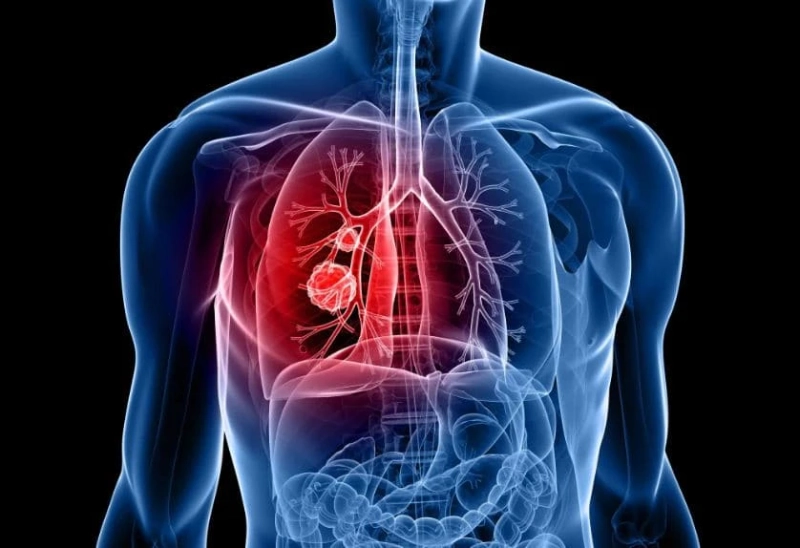Impact of COVID-19 on Lung
More than 213 million people have been infected by coronavirus 2 (SARS-CoV-2) till now during the COVID-19 pandemic. SARS-CoV-2 mainly impacts the lungs but can also damage different organs. During the pandemic phase of COVID-19, the effect of long COVID with ongoing various symptoms and disability after SARS-CoV-2 infection has become evident.
COVID-19 infection has caused a range of breathing problems, from mild to critical. Aged people and people with health conditions such as heart disease, cancer, and diabetes may have more serious symptoms. When the coronavirus enters your body, it comes into contact with the mucous membranes that line your nose, mouth, and eyes. The coronavirus would enter a healthy cell and use the same cell to produce new virus parts. The virus would then multiple and infect the nearby cells.
The different variants of coronavirus can infect the upper or lower part of your respiratory tract. The virus would travel down your airways infecting the lining making it irritated and inflamed. In some severe cases, the infection can reach down into your alveoli, leading to the fluid formation in air sacs.
Scientists and researchers believe that the effects of COVID-19 on your body are similar to those of two other coronavirus diseases, severe acute respiratory syndrome (SARS) and the Middle East respiratory syndrome (MERS).
Effect of COVID-19 on Lungs
COVID-19 can lead to lung complications such as pneumonia, acute respiratory distress syndrome, or ARDS, or even sepsis. Sepsis can cause lasting harm to the lungs and other organs. In the case of severe COVID-19, a significant pro-inflammatory condition can result in several critical diseases, complications, and syndromes.
COVID-19 Pneumonia
The lungs become filled with fluid and inflamed due to pneumonia, leading to breathing difficulties. The breathing problems can become severe enough for some people to require hospitalization and treatment with oxygen or even a ventilator.
Pneumonia caused due to COVID-19 infection tends to take hold in both lungs. The fluid gets filled in air sacs of the lungs, thereby, limiting their ability to take in oxygen and causing shortness of breath, cough and, other symptoms.
Most people may recover from pneumonia without any long-lasting lung damage. Sometimes, pneumonia associated with COVID-19 can be severe, and even after the infection has cleared, lung injury may result in breathing difficulties. This post COVID complication might take months to improve.
Continue to Read More Click Here


